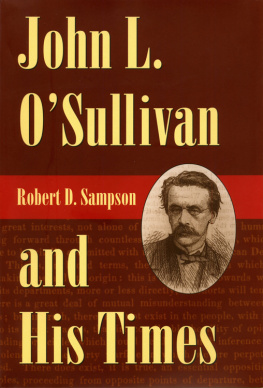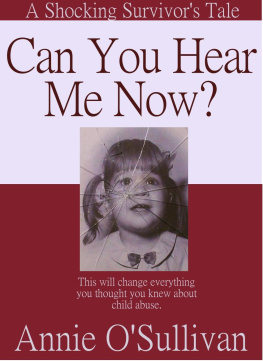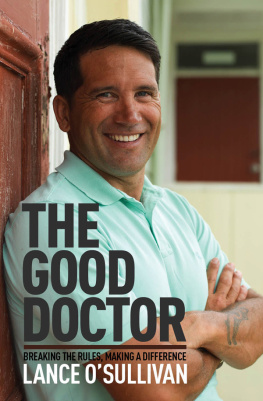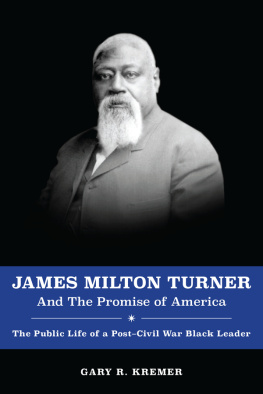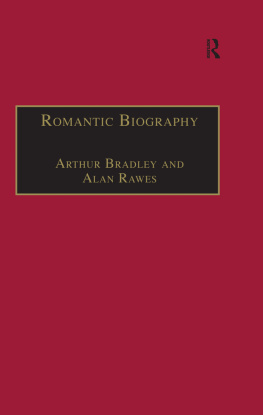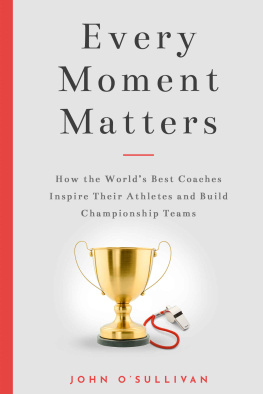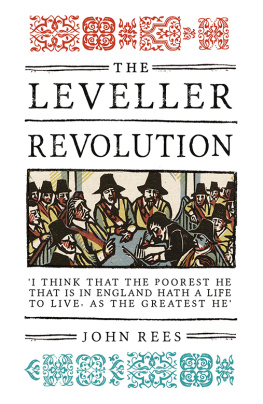John L. OSullivan
and His Times
Robert D. Sampson
All rights reserved.
John L. OSullivan and his times / Robert Sampson.
p. cm.
Includes bibliographical references and index.
ISBN 0-87338-745-7 (alk. paper)
1. OSullivan, John L. (John Louis), 18131895.
2. Journalists-United States-Biography.
1. Title.
British Library Cataloging-in-Publication data are available.
Preface and
Acknowledgments
Looking back on the work of ten-plus years, I am struck by the debt owed to others for its completion. In some cases, the support provided was direct; in others, those giving assistance may not have realized that they were doing so simply with an encouraging word, a smile, or a joke. While it is my name resting below the title, this account of John L. OSullivans life and times relies on the kindness and assistance of others.
Against the backdrop of raging national debate over the Vietnam War, a presidential campaign that was at the same time dramatic and depressing, and confrontations over civil and students rights, I first met John L. OSullivan in the fall of 1968. To me, he seemed to be one of the most interesting characters in the vivid tableaux painted by Arthur M. Schlesinger Jr. in The Age of Jackson. After first reading this classic for Professor Herbert Laskys seminar on Jackson at Eastern Illinois University in Charleston, I found myself returning to the book over the yearseach reading provoking new thoughts and insights.
OSullivan, however, largely faded from my interest as I worked in journalism and then, briefly, as a congressional aide before taking up graduate work at the University of Illinois at Urbana-Champaign in the mid-1980s. After receiving a masters degree in journalism, I moved over to the Department of History, uncertain about the focus of my research. It was literally an epiphany of sorts, occurring as I listened to Professor John Nerone describe the ideology of the radical Jacksonian Democrats, that propelled me toward the period. My background in journalism, combined with my then more than twenty-years-old fascination with OSullivan, and the enthusiastic support of my adviser, Professor Robert W. Johannsen, pointed me toward the editor-politician-diplomat-filibusterer as a dissertation topic.
The former director of The Kent State University Press John Hubbell asked to see this manuscript and became its champion. The Presss anonymous reviewers offered helpful suggestions and asked questions that produced a better work. Joanna Hildebrand Craig, the Presss assistant director and acquisitions editor, and managing editor, Kathy Method, solved problems and offered plenty of advice and encouragement in getting a sometimes-distracted author to meet deadlines.
A serious illness and the resulting partial disability that occurred in my immediate family as the research process began in the early 1990s heightened my reliance on the cooperation of librarians and archivists far removed from Decatur, Illinois, where I live. Without fail, it was always given, patiently and cheerfully. And no one who approaches OSullivan as a topic can fail to recognize the vital contributions made by earlier scholars, first Julius Pratt, whose early twentieth-century articles rescued OSullivan from oblivion and, especially, Sheldon Harriss 1958 dissertation on OSullivan, which established the base line for future research.
The New York Public Library provided copies of and permission to quote from letters in the John Bigelow Papers, the Bryant-Godwin Papers, the Duyckinck Family Papers, and the Samuel J. Tilden Papers, all in the Manuscripts and Archives Division, The New York Public Library, Astor, Lenox, and Tilden Foundations. Copies of correspondence and permission to quote came from the Butler Family Papers, Manuscripts Division, Department of Rare Books and Special Collections, Princeton University Library. Correspondence between OSullivan and Wendell Phillips and James Russell Lowell was quoted by permission of the Houghton Library, Harvard University.
I am also indebted to Virginia H. Smith, Nicholas Graham, and William M. Fowler Jr. of the Massachusetts Historical Society for their patience and persistence in locating materials and to the society for permission to quote from the following collections: Catherine Maria Sedgwick Papers, Sedgwick Family Papers and Sedgwick Family Papers V, the George Bancroft Papers, and the Washburn Autograph Collection. Permission to use material from the James Fenimore Cooper Papers and Julia Ward Howe Papers in the Yale Collection of American Literature, Beinecke Rare Book and Manuscript Library, was given by the Yale University Library.
The Illinois State Historical Library granted permission to quote from its sole OSullivan holding, a letter from OSullivan to one of his successors as U.S. diplomatic representative in Lisbon, James Harvey. Help in locating and then permission to use a number of OSullivan items from the Henry Gilpin Papers and an essential genealogical history came from the Historical Society of Pennsylvania and the Genealogical Society of Pennsylvania. Two individuals at these institutionsRose Mary McKeown and Jordan Rockfordwere particularly helpful. In the early stages of the researcha time when the New York Historical Society was undergoing a severe financial crisisMiriam Touba and Barbara Hutter were unfailingly helpful and kind in making available the OSullivan-related holdings of the society. Henry Ilnicki of the New York State Library in Albany spent considerable time on the telephone as we attempted to locate various documents related to OSullivans service in the New York State Assembly.
Thanks to the foresight and commitment of a steady succession of librarians at the University of Illinois at Urbana-Champaign, the largest single collection of OSullivans works was available to me in bound volumes. A complete set of the United States Magazine and Democratic Review is in the collection of the Rare Book Room. N. Fred Nash and Nancy L. Romero were consistently kind, considerate, and helpful throughout my months of work in that facility. The late Martha Friedman and Jody Seibold of the University of Illinoiss History and Philosophy Library provided key assistance with the William Seward Papers, in microfilm form, housed in the Lincoln Room. Often on short notice, efficient and dependable service in copying microfilm and microfiche was provided by Sue Lake and Connie Jasper-Pearson of the librarys graphic services department. The author is particularly grateful to Alvin M. Bregman, a librarian in the Rare Books Collection, for his invaluable assistance in obtaining copies of illustrations and articles from the

